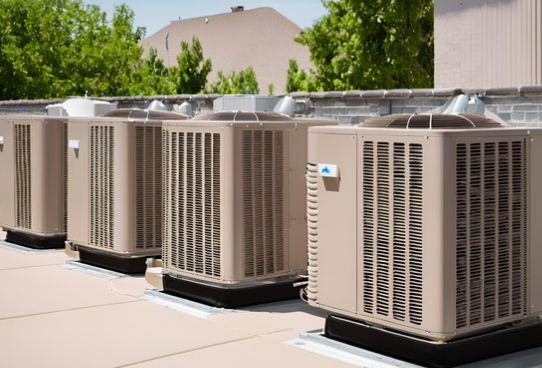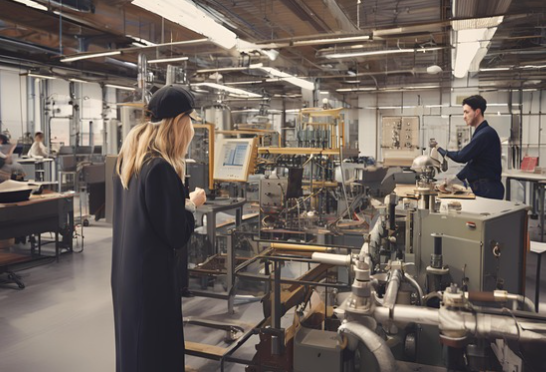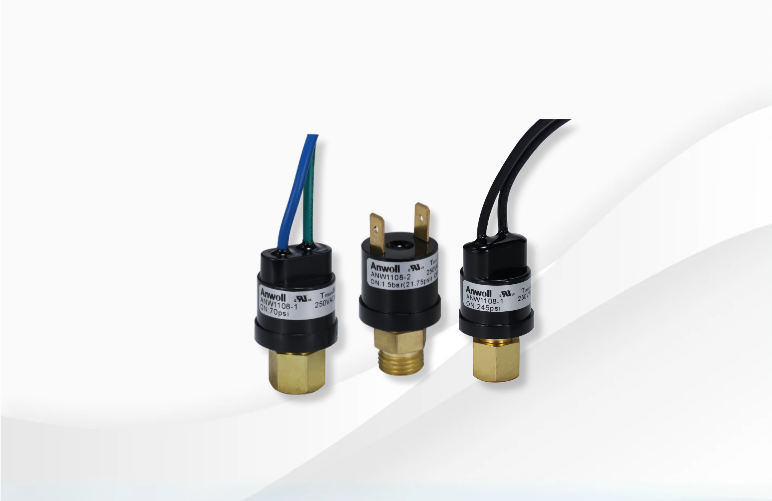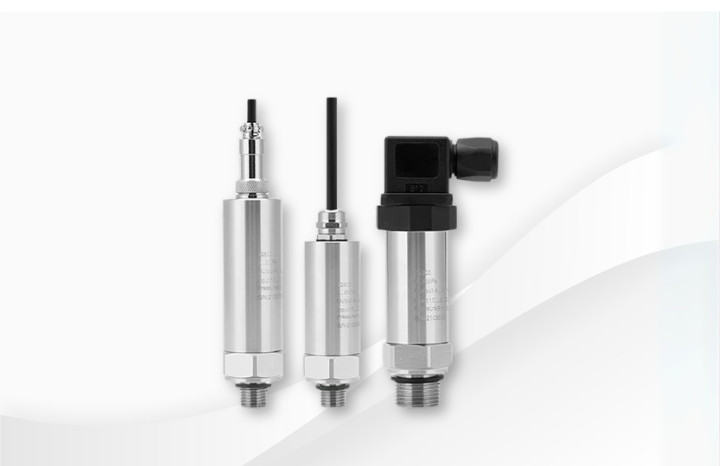The Application of Pressure Switches in Medical Devices

Opinion | Oct. 8th, 2024
Michael James Anderson
Pressure Product Line Manager
Pressure switches play a crucial role in the functionality and safety of various medical devices.
These devices are designed to monitor and control pressure levels, ensuring that systems operate effectively and safely. In the medical field, where precision and reliability are paramount, pressure switches are integrated into several applications, ranging from respiratory equipment to infusion pumps. This article explores the specific applications of pressure switches in medical devices.
Respiratory Equipment
One of the most significant applications of pressure switches is in respiratory devices, such as ventilators and CPAP (Continuous Positive Airway Pressure) machines. These devices are designed to assist patients with breathing difficulties, and maintaining the correct pressure is essential for their effectiveness.
Ventilators: Pressure switches monitor the airway pressure to ensure that it remains within a safe range. If the pressure exceeds or falls below the set threshold, the pressure switch can trigger alarms or adjust the airflow, preventing potential harm to the patient.
CPAP Machines: In CPAP therapy, pressure switches help maintain the prescribed pressure throughout the night. They ensure that the device delivers consistent airflow, preventing apneas and improving the quality of sleep for patients with obstructive sleep apnea.
Infusion Pumps
Infusion pumps are critical in delivering medications, nutrients, and fluids to patients. Pressure switches are integral to the safe operation of these devices.
Monitoring Pressure Levels: Pressure switches in infusion pumps monitor the pressure within the infusion line. If a blockage occurs, leading to increased pressure, the switch can alert the healthcare provider or automatically stop the infusion to prevent complications like tissue damage.
Preventing Over-Infusion: By monitoring the pressure, these switches help ensure that the correct volume of fluid is delivered at the right rate, preventing over-infusion, which can lead to serious health issues.
Dialysis Machines
In dialysis machines, pressure switches are vital for patient safety and treatment efficacy.
Monitoring Blood Pressure: During dialysis, pressure switches monitor the pressure of blood as it flows through the dialysis circuit. If the pressure drops too low, it may indicate a potential issue, such as a clot, prompting the machine to stop or alert medical staff.
Preventing Air Bubbles: These switches can also detect the presence of air bubbles in the bloodline. If detected, the machine can halt the process, preventing air embolism, which can be life-threatening.
Surgical Equipment
In surgical settings, pressure switches are used in various devices to ensure patient safety and operational efficiency.
Anesthesia Machines: Pressure switches in anesthesia machines monitor the pressure of gases being delivered to the patient. They ensure that the correct concentrations of anesthetic agents are maintained, preventing overdose or underdose during surgical procedures.
Suction Devices: Surgical suction devices utilize pressure switches to regulate suction levels. These switches help maintain optimal suction pressure, ensuring that fluids are effectively removed without damaging surrounding tissues.
Anwoll pressure switch
Anwoll is a leading developer of pressure measurement and applications, with a mature series of pressure switches suitable for daily and cutting-edge applications.
If you would like to learn more about our pressure switches, please contact us directly.





